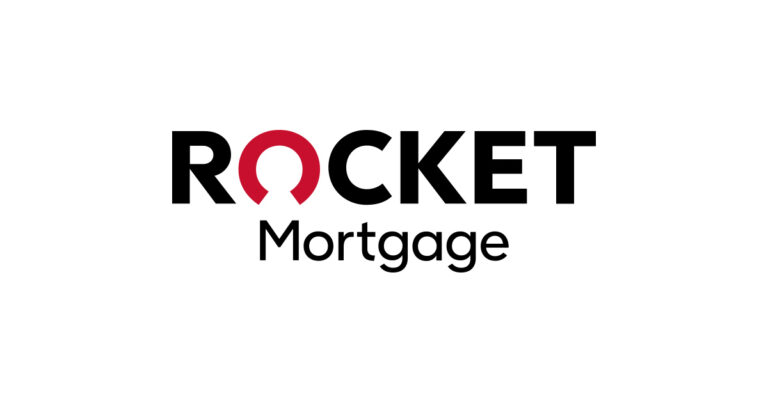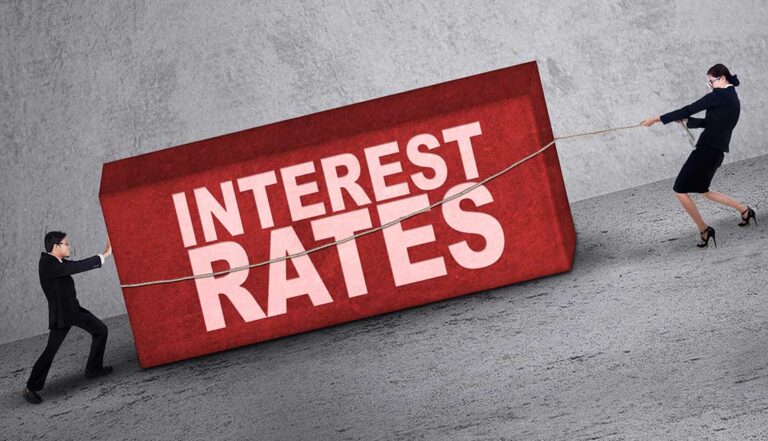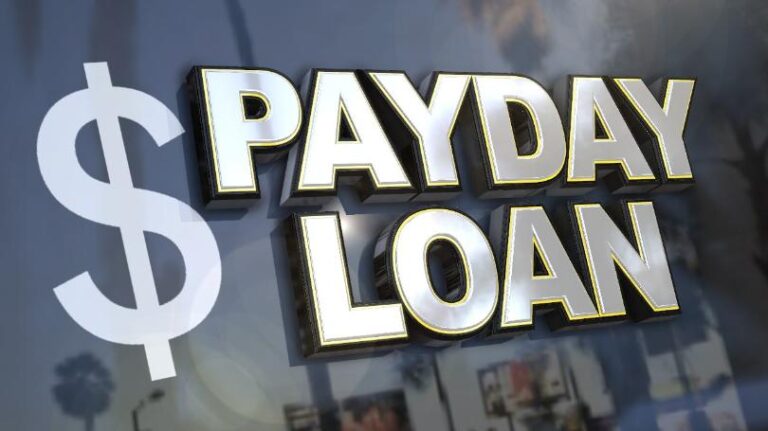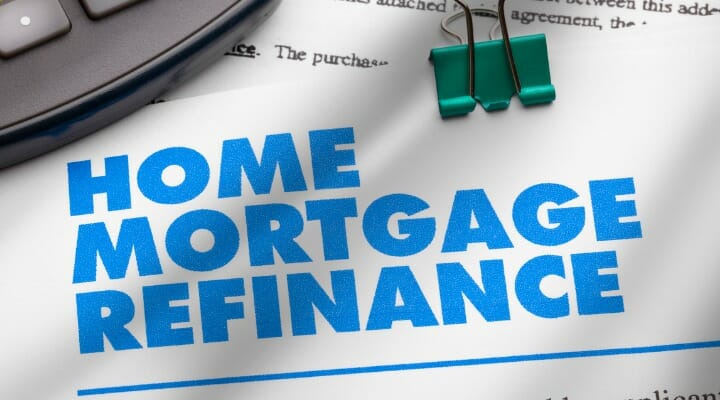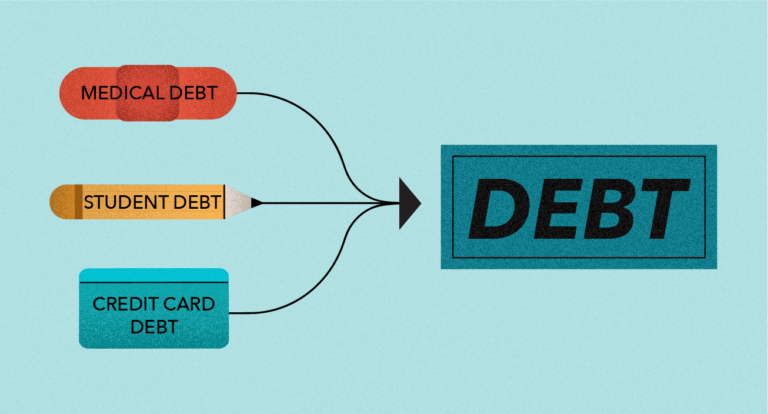What Is a Credit Report and Why Is It Important?
A credit report is a summary of your financial details that help establish your creditworthiness and ability to pay your bills on time. Credit reporting companies usually collect and store the financial data of people every time they interact with their money. This is information is sent to these credit bureaus, also called consumer reporting agencies by creditors like credit card companies, lenders, and other financial institutions. In this article, we give a detailed review of what credit reports are, what they are used for, a review of the best credit monitoring companies, and what you can do to improve your score if it is low.
What is a Credit Report?
A credit report is a summary of all the financial activities linked to your name. It includes details such as your payment history, any open or closed credit accounts, and other financial activity that has been reported to the credit bureaus. Credit reporting agencies use this information to generate a numerical score known as your credit score. This score is used by creditors such as banks and lenders to determine if you are likely to pay back loans on time or not.
Information Contained in a Credit Report
The credit reporting agencies track multiple pieces of information related to you. This information includes:
- Your Name, Address, and Social Security Number
- All open and closed credit accounts
- Any bankruptcies or judgments against you
- Any past due payments on accounts
- Any collections accounts
- Credit limits associated with each account
- Hard inquiries (when a lender requests your credit report)
What Are Credit Reports Used For?
Credit reports are primarily used by lenders to determine if someone is creditworthy for a loan or other type of financing. It helps them assess the risk involved in lending money to an individual. Additionally, employers may use this information to get a better understanding of potential employees, landlords to decide whether or not to approve someone for an apartment, and insurance companies to determine what kind of premiums should be charged.
Your credit report also helps lenders decide what interest rate they will give you when applying for a loan or credit card.
The Best Credit Reporting Companies
Credit reporting companies allow users to track their score and protect themselves from identity theft by monitoring the dark web and financial accounts for any signs of theft or fraud and alerting then when there are changes to their credit profiles. Below are the best credit reporting companies you can consider when you want your credit report;
Experian
Experian offers credit monitoring and educational resources. They also have tools to help you dispute errors on your credit report. Experian offers free credit monitoring services by sending real-time alerts about new accounts opened or inquiries made in a user’s name, any changes in their personal information, and any suspicious activities in their credit report.
Experian users can also access and track their FICO Score. The credit reporting platform sends users their updated credit reports every 30 days. Furthermore, the credit bureau notifies users when their spending increases or decreases or when their credit utilization changes.
Experian’s premium services cost $19.99 per month which includes three-bureau monitoring and alerts among other premium services.
Pros
- Notifies users of spending increases and decreases
- Simplifies the process of submitting a credit report dispute
- Includes a FICO Score tracker
Cons
- Some reviews reflect credit reporting inaccuracies
- Free plan only based on Experian credit data
TransUnion
TransUnion offers a host of services including credit report monitoring, identity theft protection and credit score tracking. Additionally, TransUnion also provides users with access to their VantageScore 3.0 credit scores as well as educational resources to help them better understand their credit score information.
The CreditLock feature allows customers to lock and unlock their Equifax, Experian or TransUnion credit reports in a few clicks. The platform also has advanced fraud surveillance tools that monitor the dark web for any signs of financial fraud and alert users immediately if there are any suspicious activities linked to their personal information or accounts.
TransUnion’s premium plans cost $24.95 per month which includes unlimited three-bureau credit reports along with other features.
Pros
- CreditLock feature to lock and unlock credit reports
- Advanced fraud surveillance tools
- VantageScore 3.0 credit score tracking included in premium plan
Cons
- Monthly fee for advanced features is high compared to other services
- No free plan available
Equifax
Equifax offers credit report monitoring, identity theft protection and a FICO Score Tracker. Additionally, the platform provides users with access to their VantageScore 3.0 credit scores as well as educational resources to help them better understand their credit score information. The Credit Lock Plus feature allows customers to lock and unlock their Equifax, Experian or TransUnion credit reports in a few clicks. Furthermore, Equifax also has advanced fraud surveillance tools that monitor the dark web for any signs of financial fraud and alert users immediately if there are any suspicious activities linked to their personal information or accounts.
Equifax’s premium plans cost $21.95 per month which includes unlimited three-bureau credit reports along with other features.
Pros
- CreditLock Plus feature to lock and unlock credit reports
- Advanced fraud surveillance tools
- VantageScore 3.0 credit score tracking included in premium plan
Cons
- Monthly fee for advanced features is high compared to other services
- No free plan available
Credit Karma
Credit Karma offers free credit monitoring and a credit score tracker. Credit Karma users can easily access their TransUnion credit report as well as their VantageScore 3.0 credit score for free. The platform also allows users to view their debt-to-income ratio, helping them get an understanding of how much debt they’re carrying relative to their income. Furthermore, the platform notifies users when there are any changes in their credit report or if new accounts are opened in their name.
Credit Karma does not offer advanced fraud surveillance tools nor does it provide access to Equifax or Experian credit reports, but its services are still valuable and accessible for everyone since it is free.
Pros
- Free credit monitoring
- VantageScore 3.0 credit score tracking
- Debt-to-income ratio calculator
Cons
- No advanced fraud surveillance tools
- Only TransUnion credit report available for free
Credit Sesame
Credit Sesame offers credit score tracking, a debt-to-income ratio calculator and identity theft protection. The platform also provides users with access to their TransUnion VantageScore 3.0 credit scores as well as educational resources to help them better understand their credit score information. Credit Sesame’s premium plans cost $14.95 per month which includes unlimited three-bureau credit reports along with other features such as advanced fraud surveillance tools and a FICO Score tracker.
Pros
- Advanced fraud surveillance tools
- FICO Score tracker included in premium plan
- Debt-to-income ratio calculator
Cons
- Monthly fee for advanced features is high compared to other services
- No free plan available
How Can I Improve My Credit Score?
If you have a low credit score and are looking to improve it, there are a few steps you can take.
Pay credit card balances strategically
Paying off credit cards with the highest interest rates first can help you reduce your overall debt and free up cash flow. It is advisable to use just 30 percent or less of your limit. This makes you balance much lower when your credit is reported to credit bureaus. You can pay for balance before the end of your billing cycle or opt to pay multiple times throughout the month in order to keep your balance low.
Request a credit limit increase
If you’ve had the same credit card for a while and have demonstrated that you are responsible with it, you may be able to request a credit limit increase. This will show lenders that your credit is in good standing and also lower your credit utilization ratio.
Pay bills on time
Making payments on time helps build up your credit as lenders see that you are reliable when it comes to paying off debts. This is one of the best ways to improve your score quickly as late payments can hurt your score significantly.
Set up auto-payments or reminders
It can be easy to forget about making payments if there isn’t something prompting you do so. Setting up auto-payments or reminders to pay your bills on time can help make sure you never miss a payment.
Dispute credit report errors
Errors on your credit report can hurt your score and lower it significantly, so if you find any errors, it’s important to dispute them immediately.
Conclusion
A credit report is an important tool to help track your financial health and history. It can also be used as a way of monitoring any suspicious activity linked to your personal information or accounts. Different credit reporting apps offer varying features, ranging from free services like Credit Karma to premium plans with advanced fraud surveillance tools offered by Experian, TransUnion and Equifax. Ultimately, it is up to the individual to decide which service best suits their needs and budget.


